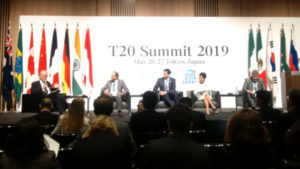 On 26 and 27 May 2019, researchers from a broad range of countries met in Tokyo, Japan, for the annual T20 Summit. The T20 Summit is the main meeting of the Think20 (T20), a network of research institutes and think tanks from the G20 countries which provide research-based recommendations to the G20. The German Development Institute / Deutsches Institut für Entwicklungspolitik (DIE) chaired the T20 process together with the Kiel Institute for the World Economy (IfW) in 2017. Supported by the Managing Global Governance programme, DIE initiated the T20 Africa Standing Group together with the South African Institute of International Affairs (SAIIA).
On 26 and 27 May 2019, researchers from a broad range of countries met in Tokyo, Japan, for the annual T20 Summit. The T20 Summit is the main meeting of the Think20 (T20), a network of research institutes and think tanks from the G20 countries which provide research-based recommendations to the G20. The German Development Institute / Deutsches Institut für Entwicklungspolitik (DIE) chaired the T20 process together with the Kiel Institute for the World Economy (IfW) in 2017. Supported by the Managing Global Governance programme, DIE initiated the T20 Africa Standing Group together with the South African Institute of International Affairs (SAIIA).
Researchers from DIE have co-chaired the Task Force on Cooperation with Africa as well as the Trade, Investment and Globalization Task force and have participated in the production of various T20 Policy Briefs in order to influence the policy process towards the Leaders’ Summit of the G20 on 28 and 29 June in Osaka, Japan.
At the T20 summit, DIE researchers participated in various panels. Ulrich Volz spoke on a panel on financing for sustainable development, where he highlighted the urgency to mainstream sustainable finance. Since science, technology and innovation are crucial cross-cutting issue in nearly all SDGs, Kathrin Berensmann underlined that the New Technology Bank for LDCs assumes an essential role in promoting capacity building in these countries. Christine Hackenesch moderated a panel on G20 – Africa cooperation in the agriculture sector, one of three thematic panels organized by the T20 Africa Standing Group. Axel Berger argued that the G20 should provide guidance for ongoing investment facilitation discussions for sustainable development from the unilateral to the multilateral level.
Please visit the G20 Special on the DIE-website or the Future of Globalisation Blog for more information about the our work on G20 / T20.
In 2017, the German Development Institute / Deutsches Institut für Entwicklungspolitik (DIE), together with the Kiel Institute for the World Economy (IfW), headed the T20 process. With the support of the Managing Global Governance Programme, DIE initiated the T20 Africa Standing Group with the South African Institute of International Affairs (SAIIA).
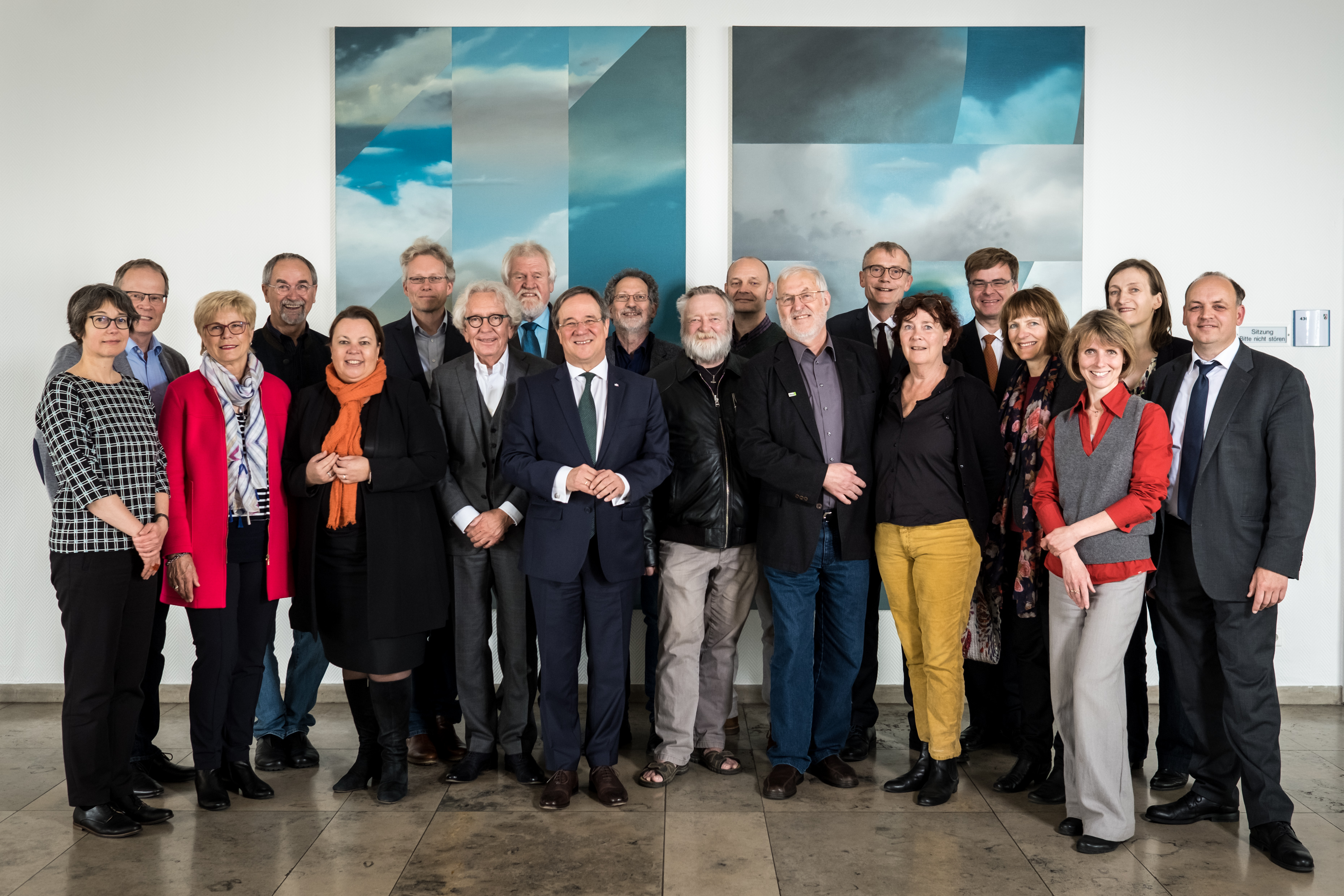

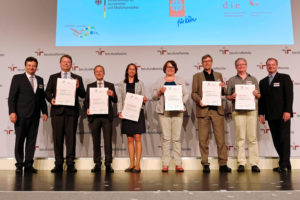
 On 26 and 27 May 2019, researchers from a broad range of countries met in Tokyo, Japan, for the annual T20 Summit. The T20 Summit is the main meeting of the Think20 (T20), a network of research institutes and think tanks from the G20 countries which provide research-based recommendations to the G20. The
On 26 and 27 May 2019, researchers from a broad range of countries met in Tokyo, Japan, for the annual T20 Summit. The T20 Summit is the main meeting of the Think20 (T20), a network of research institutes and think tanks from the G20 countries which provide research-based recommendations to the G20. The 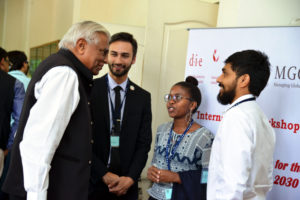
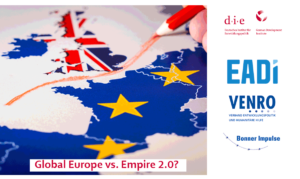 The United Kingdom is one of the four principal actors of European development cooperation. Thus, Brexit will have significant consequences for the future of Europe’s global role. This situation was the backdrop to a panel discussion of the series Bonner Impulse on 27 February, which focused on the future relationship between the UK and the EU in matters of foreign and development policy. The event series, which is co-hosted by German Development Institute / Deutsches Institut für Entwicklungspolitik (DIE), the European Association of Development Research and Training Institutes (EADI) and the umbrella organisation of development and humanitarian aid NGOs in Germany VENRO, regularly invites experts from politics, academia and civil society to discuss sustainable European development policy. That Wednesday evening, around 100 guests did attend the discussion that took place in the auditorium of the Kunstmuseum Bonn.
The United Kingdom is one of the four principal actors of European development cooperation. Thus, Brexit will have significant consequences for the future of Europe’s global role. This situation was the backdrop to a panel discussion of the series Bonner Impulse on 27 February, which focused on the future relationship between the UK and the EU in matters of foreign and development policy. The event series, which is co-hosted by German Development Institute / Deutsches Institut für Entwicklungspolitik (DIE), the European Association of Development Research and Training Institutes (EADI) and the umbrella organisation of development and humanitarian aid NGOs in Germany VENRO, regularly invites experts from politics, academia and civil society to discuss sustainable European development policy. That Wednesday evening, around 100 guests did attend the discussion that took place in the auditorium of the Kunstmuseum Bonn.